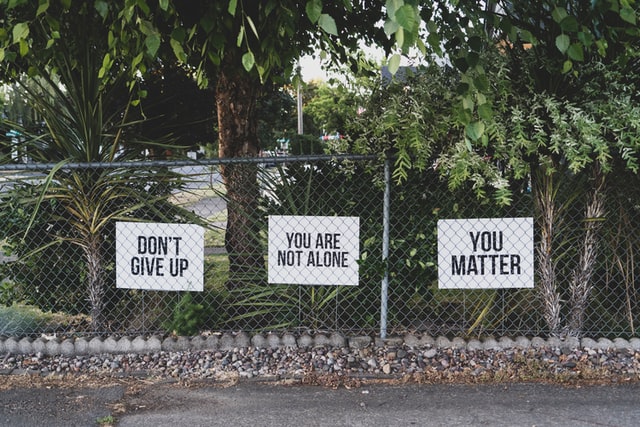4 Ways to Support Refugees in your Community

By Aanya Bhandari, Sona Circle
Migration isn’t easy. Accepting change isn’t easy. Starting a new life isn’t easy.
Refugees face a wide range of challenges when it comes to integration and acceptance within their communities. It is no secret that xenophobia and racism are two of the most pertinent issues that plague societies around the world today.
Adding to the various difficulties that refugees face are growing anti-refugee and anti-migrant sentiments, which have profound implications for refugees’ social welfare and mental health as they migrate to, and settle in new host communities. The current political climate and emerging policies on immigration in various western countries have propelled refugee resettlement programmes into the everyday consciousness of the public through news and social media, like never before.
Researchers have observed that refugees are often unwelcome in many communities as a result of the “rampant Islamophobia, racism, and anti-immigration rhetoric.”
The rise of populist, nationalist governments has boosted hate speech and xenophobic rhetoric. From Hungary to the United States, political actors in power have resorted to anti-refugee and anti-immigrant stances that promote fear and distrust of foreigners. In some cases, leaders are expressing a complete denial of any need to respond to the world refugee crisis, by insinuating that most asylum seekers’ claims are bogus and tearing down the basic notion that people have the right to flee for safety.
Hundreds of thousands of refugees embark on long, perilous journeys every year, for the opportunity of a ‘new beginning’, only to be greeted by the stigma of their past which has slowly crept into their hopes of a new life with a clean slate.
Mental health is often stigmatised amongst the general population.
This is extended to a much larger degree towards the refugee communities which have often experienced traumatic events due to political, religious, environmental or social events. The trauma of these events often precedes the event itself that causes millions to flee from their homes, communities and countries every year.
While many of the required changes are at a macro-policy level, individuals who form a part of the general population have the power to bring about many small changes, which combined, can have a great impact.
By acting together, we can change the historical trend of systemic oppression, discrimination and intolerance towards refugees and immigrants.
So, what can we do on an individual level to show our support and change the narrative of refugees and asylum seekers within our communities?
1. Embrace diverse cultures
A small change in attitude can go a long way. An appreciation for different cultures, cuisines, fashion, languages, skin tones, and even physical appearances can help us understand so much more about the world we all live in. As human beings, we all have many similar shared values and ethics. If we can learn to embrace diversity then understanding and empathy for others will follow naturally.
2. Support refugee businesses
By contributing to refugee businesses such as those supported by The Entrepreneurial Refugee Network (TERN), you could help support refugee integration. This could be as simple as buying bread from a refugee owned or supported outlet such as Breadwinners. You may not realise it but by doing these little things, you’re helping someone feel like they are a valued part of a community, showing that the community is as much theirs as it is yours.
3. Employ refugees
Employing refugees is great for businesses. Aside from adding new skills and diversity to your business, it also creates a healthier work environment as different cultures and ideas working side by side produce the best results.
If you would like to learn more about the benefits of hiring refugees and how best to integrate the refugee workforce in your business, get in touch with Sona Circle who are able to work with your human resource team to hire from the skilled and dependable refugee workforce.
4. Work together
No two refugees have the same experiences. Each individual has needs and requirements which are based on their unique characters and experiences. It is therefore essential that we all collaborate and cooperate to understand the different ways in which we can best support refugees and asylum seekers in our communities.
This is why we partner with many diverse partner organisations which all have one thing in common, a shared commitment to supporting the skilled and dependable refugee workforce.
And, always remember, as the old Chinese proverb goes “a journey of a thousand miles, begins with a first step”.